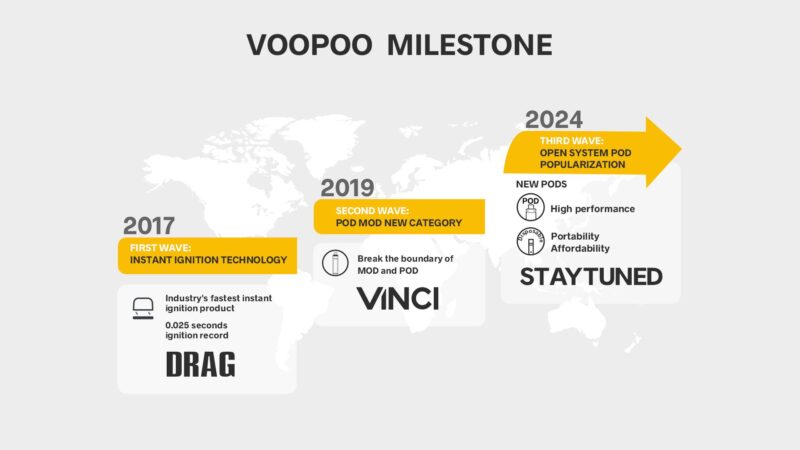Towards Ethical Production: The Evolution of the Palm Oil Industry for Responsible Sourcing

The palm oil sector has been under intense scrutiny due to environmental and ethical issues, but there has been a significant move towards transparency and sustainability, chiefly orchestrated by the RSPO Roundtable on Sustainable Palm Oil https://whatispalmoil.com/blog/transparency-and-accountability-palm-oils-journey-toward-responsible-sourcing/, as well as the MSPO and ISPO certifications.
Palm oil’s pivotal role in the global market spans from culinary uses to biofuel production, fueling an ever-growing global demand. In response, the RSPO has been at the forefront, working with major palm oil entities to enforce responsible sourcing and enhance sustainability practices, particularly among small-scale producers.
The RSPO stands as a collaborative force, uniting an array of stakeholders from top-tier palm oil companies, traders, and NGOs to retailers and consumers, all committed to ethical palm oil production. With over 4,800 members globally, the RSPO’s influence spans diverse groups:
- Oil palm growers
- Palm oil processors and traders
- Consumer goods manufacturers
- Retailers
- Financial institutions and investors
- Environmental conservation NGOs
- Social and developmental NGOs
Prominent RSPO members include industry giants like Wilmar International, Golden Agri-Resources, and consumer product firms such as Unilever and Nestlé. These members display their dedication to sustainable palm oil through RSPO membership, fostering a sustainable transformation in the industry.
Membership in the RSPO comes with a commitment to sustainable practices throughout the production process, guided by the RSPO’s Principles and Criteria (P&C). These standards ensure that certified suppliers maintain sustainable cultivation and production, propelling the industry towards eco-friendly practices.
Fostering Transparency with RSPO Certification
A primary tool for enhancing transparency in palm oil sourcing is RSPO certification. Suppliers with this certification are held to the RSPO’s P&C, and the RSPO trademark on products serves as a beacon of sustainable commitment, guiding consumer choices towards responsibly sourced palm oil https://whatispalmoil.com/blog/technology-is-driving-sustainability-in-palm-oil-industry/.
Promoting Ongoing Development Beyond Certification
RSPO’s initiatives extend beyond certification; the organization encourages continual industry enhancement by providing educational resources, guidelines, and regular audits. This commitment to perpetual advancement ensures that the industry not only meets but also exceeds sustainability benchmarks.
Unified Action through Collaboration
The collective approach of the RSPO, involving dialogue and partnerships across the supply chain, is a cornerstone of its strategy. By fostering collaboration among diverse stakeholders, the RSPO crafts well-rounded, robust solutions for the challenges facing palm oil production.
In sum, the RSPO’s certified suppliers are instrumental in driving the palm oil industry towards greater transparency and sustainability. With RSPO certification, consumers are empowered to support sustainable palm oil. The RSPO’s focus on constant improvement and collaboration underscores a collective drive for change, marking a trend towards a more accountable and environmentally conscious palm oil industry.






